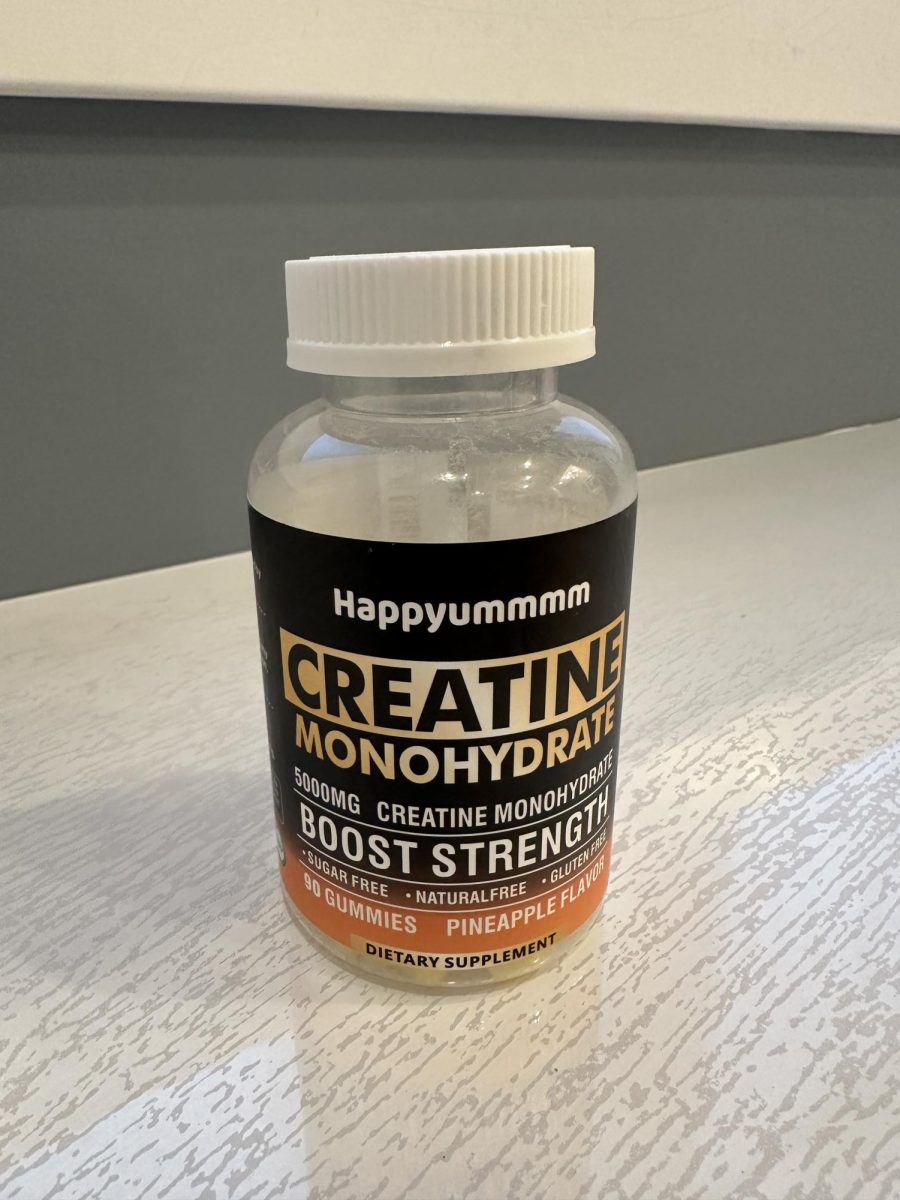In the past ten years, there has been a growing number of student athletes worldwide turning to performance-enhancing drugs (PEDs) like steroids, ADHD medication and energy supplements to achieve better results.
Athletes put a lot of pressure on themselves to perform at their best. They focus on improving techniques, becoming a top athlete or simply building a better physique. To optimize performance, some athletes turn to PEDs like steroids, ADHD medication or energy supplements. These substances offer many benefits such as building muscle quicker, recovering faster and slowing fatigue.
On the other hand, these substances can also be deteriorating to an athlete’s body. They can result in a higher risk of life-threatening diseases like stroke, heart disease and liver damage.
Senior Hamza Nadeem believes society has developed PEDs to a point where they can be used safely. “The progress of combating some of the harmful side effects of PEDs has made significant strides, almost making them safe to a certain degree if done safely and correctly,” explained Nadeem.
Steroids are one of the most controversial types of PEDs. The drug helps build muscle, improve athletic performance and improve physique. This raises ethical concerns in competitive sport settings. Steroids provide players with an advantage, creating an unfair playing field. This can set a normally unachievable standard and cause other athletes to follow in the use of steroids.
Nadeem plans on taking steroids and he believes, if done correctly, the harmful effects will be diminished. “The complications caused by the use of steroids have been over exaggerated in my opinion. Yes, I will not lie by saying that improper use will not cause harm, but simply being educated in the topic can mitigate most harmful effects,” Nadeem said.
ADHD medications focus on helping people with ADHD improve attention and concentration. These ADHD medications provide athletes the advantage of quicker movements and reactive decision-making. However, athletes who don’t have ADHD use this to their advantage, which causes an ethical concern because it gives them an unfair edge.
Energy supplements like energy drinks, caffeine, creatine and pre-workout are more common than steroids and ADHD medication. In addition, energy supplements aren’t as harmful to athletes as steroids and ADHD medication. They are used to increase energy levels and endurance. Although these enhancements aren’t as controversial as steroids and ADHD medication, they still raise the same ethical concern of having an edge with enhanced abilities.
Creatine is a dietary supplement that supplies the body with more energy to the muscles and promotes brain health. Athletes around the world take creatine to increase strength, improve performance and increase muscle mass.
Senior Adam Dague believes taking creatine is normal and doesn’t give users an edge over other athletes or lifters. “I use creatine because it allows you to build muscle faster, easier and allows for more energy,” Dague explained. “I don’t think it gives an unfair edge because it’s a normal substance that’s found in red meat.”
The usage of PEDs in sports raises multiple ethical concerns. While PEDs can help improve multiple aspects of an athlete’s life, they compromise integrity and fairness. Ultimately, true sports achievements should result from talent, hardwork and dedication rather than from the use of PEDs.










Michael Lukowicz • Feb 20, 2025 at 1:18 pm
I agree that establishing a fair playing field for all competitors is crucial for a sport to be entertaining and competitive. It’s inherently unfair if some athletes have a performance boost over others because they are more willing to harm their body in return for temporary performance enhancements.